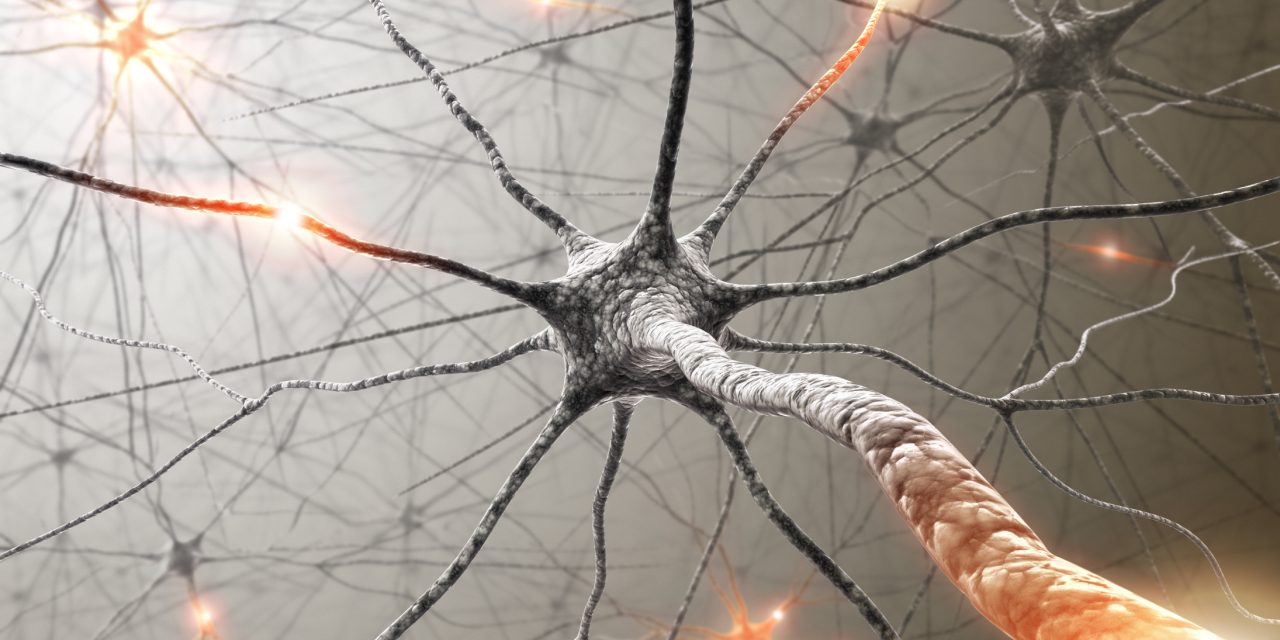Mindfulness-meditation has a variety of benefits on well-being. However, individuals with primary attentional impairments (e.g. attention deficit disorder) or attentional symptoms secondary to anxiety, depression or addiction, may be less likely to benefit, and require additional mindfulness-augmenting strategies.
To determine whether a single dose of the cognitive enhancer, modafinil, acutely increases subjective and behavioural indices of mindfulness, and augments brief mindfulness training.
A randomised, double-blind, placebo-controlled, 2 (drug: placebo, modafinil) × 2 (strategy: mindfulness, relaxation control) experiment was conducted. Seventy-nine meditation-naïve participants were assigned to: placebo-relaxation, placebo-mindfulness, modafinil-relaxation or modafinil-mindfulness. Pre-drug, post-drug and post-strategy state mindfulness, affect and autonomic activity, along with post-strategy sustained attention and mind-wandering were assessed within a single lab session. After the session, participants were instructed to practice their assigned behavioural strategy daily for one week, with no further drug administration, after which, follow-up measures were taken.
As predicted, modafinil acutely increased state mindfulness and improved sustained attention. Differential acute strategy effects were found following mindfulness on autonomic activity but not state mindfulness. There were no strategy or drug effects on mind-wandering. However, exploratory analyses indicated that participants receiving modafinil engaged in more strategy practice across strategy conditions during follow-up.
Modafinil acutely mimicked the effects of brief mindfulness training on state mindfulness but did not enhance the effects of this training. Limitations of the current study, and recommendations for future research examining modafinil as an adjunct to mindfulness- (or relaxation-) based treatments are discussed.
Stimulating meditation: a pre-registered randomised controlled experiment combining a single dose of the cognitive enhancer, modafinil, with brief mindfulness training.


